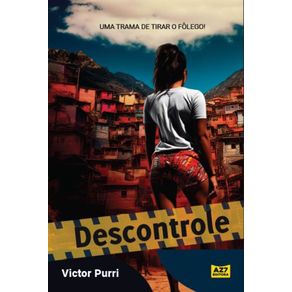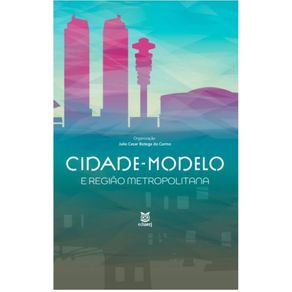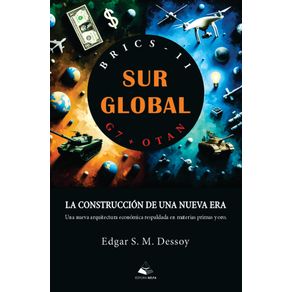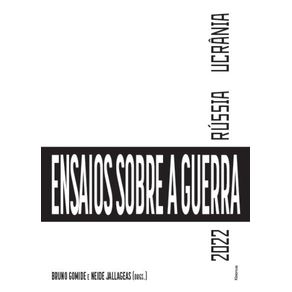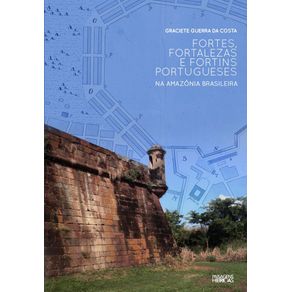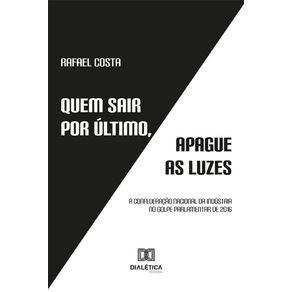-
DEPARTAMENTOS
- ANIMAIS DE ESTIMAÇÃO
- ARTES
- AUTO AJUDA
-
BEM ESTAR E LAZER
-
CATEGORIAS
-
-
CULINÁRIA E GASTRONOMIA
-
CATEGORIAS
-
-
ESPORTES
-
CATEGORIAS
-
- INFANTIL
-
RELIGIÃO
-
CATEGORIAS
-
- ADMINISTRAÇÃO E NEGÓCIOS
-
CIÊNCIAS BIOLÓGICAS E NATURAIS
-
CATEGORIAS
-
- DIREITO
- ECONOMIA
-
MEDICINA
-
CATEGORIAS
-
-
TODOS DEPARTAMENTOS
-
INTERESSE GERAL
-
LIVROS TÉCNICOS
-
- IMPORTADOS
Decomposition of Spatial Inequality in Sri Lanka
Cód:
491_9783659337468
Decomposition of Spatial Inequality in Sri Lanka
Autor:
Editora:
Código:
491_9783659337468
Vendido e entregue por Um Livro
Inequality between urban and rural areas is increasing in the recent past in almost all the developing countries. The contribution of the household characteristics for the generation of spatial inequality is widely discussed in the inequality literature while the effect of the area where the people live in is rarely discussed. This study analyses the urban rural inequality in Sri Lanka, using household consumption expenditure as a proxy measure of household welfare by applying a quantile regression decomposition technique. Spatial inequality is decomposed into two segments i.e. inequality that is due to the differences in household characteristics and the inequality that is due to the location specific returns to these characteristics, using both Machado-Mata and Blinder-Oaxaca decomposition techniques. Differences in location specific returns to the household characteristics matter more than the differences in household characteristics in determining the consumption level of the households. This study may be helpful for students, researchers and policy makers interested either in spatial inequality or inequality decomposition.
Veja mais













